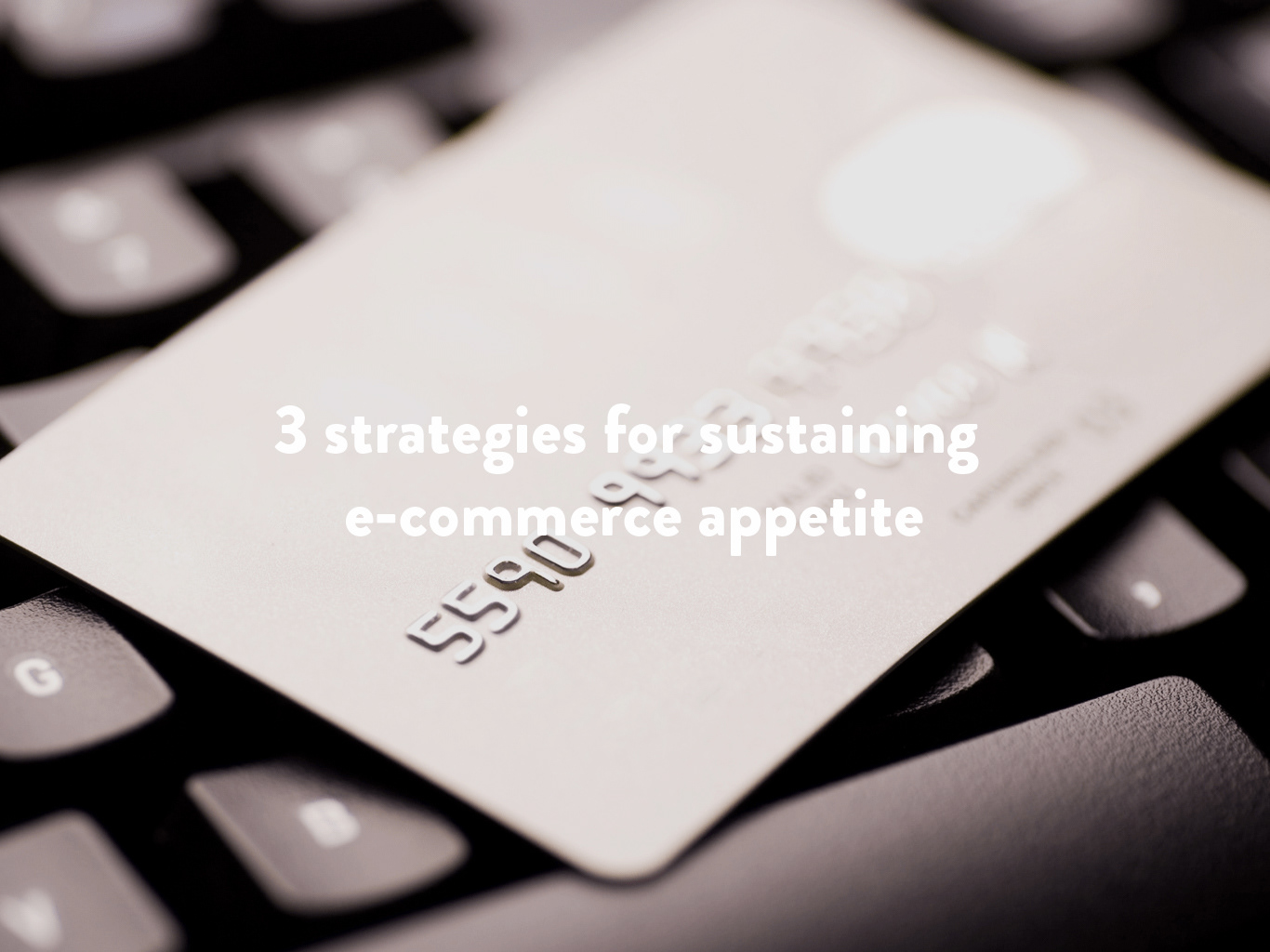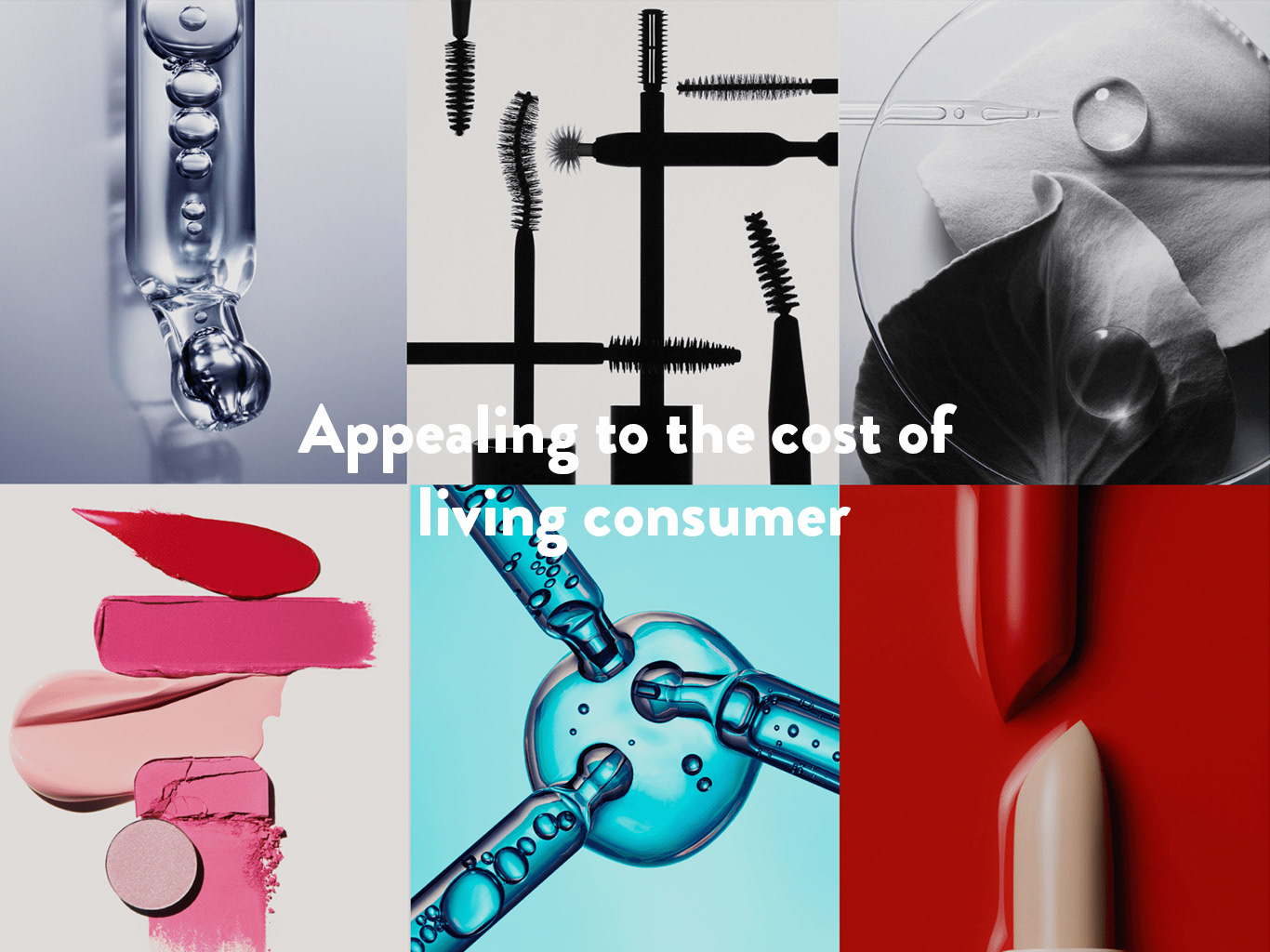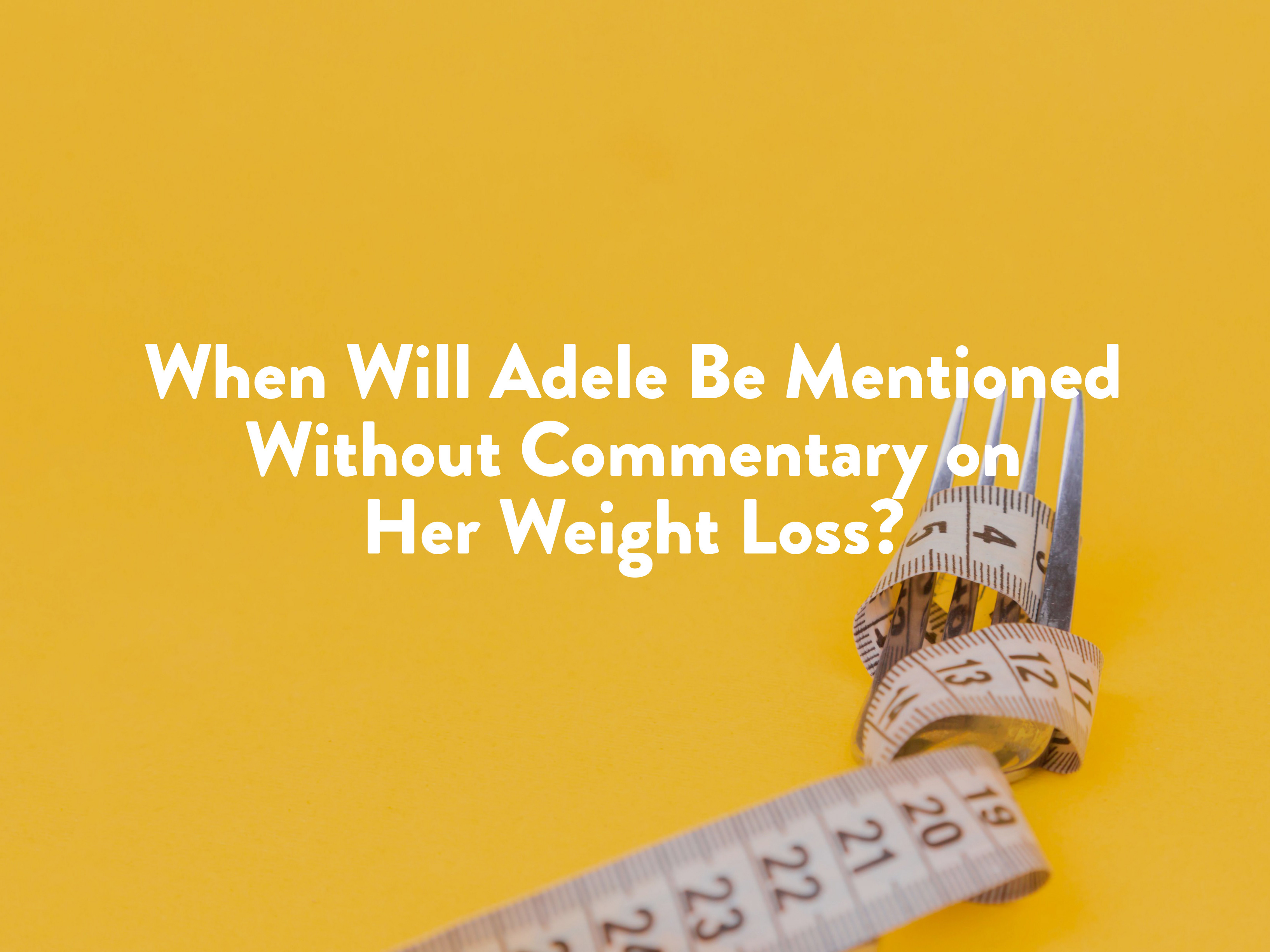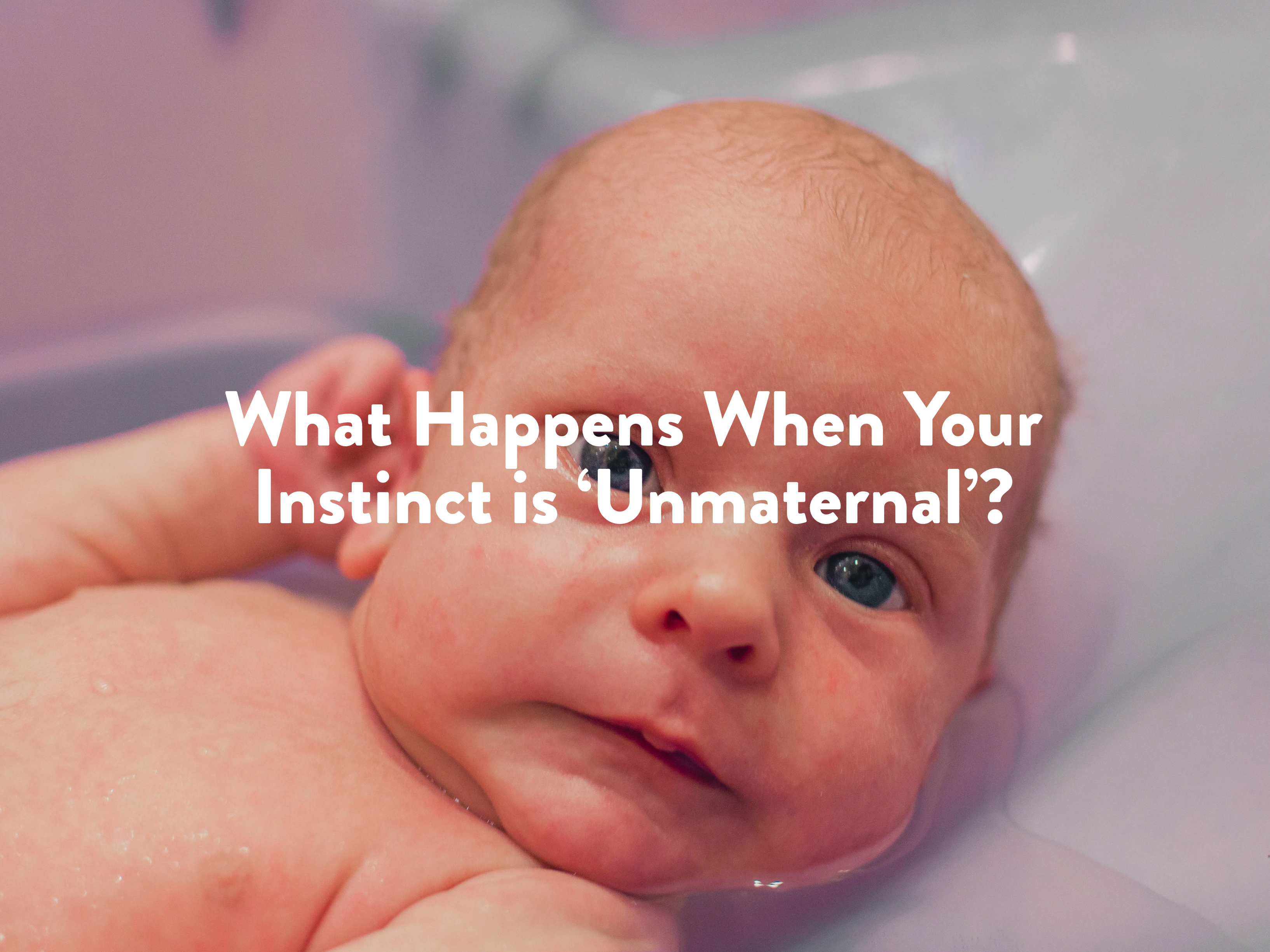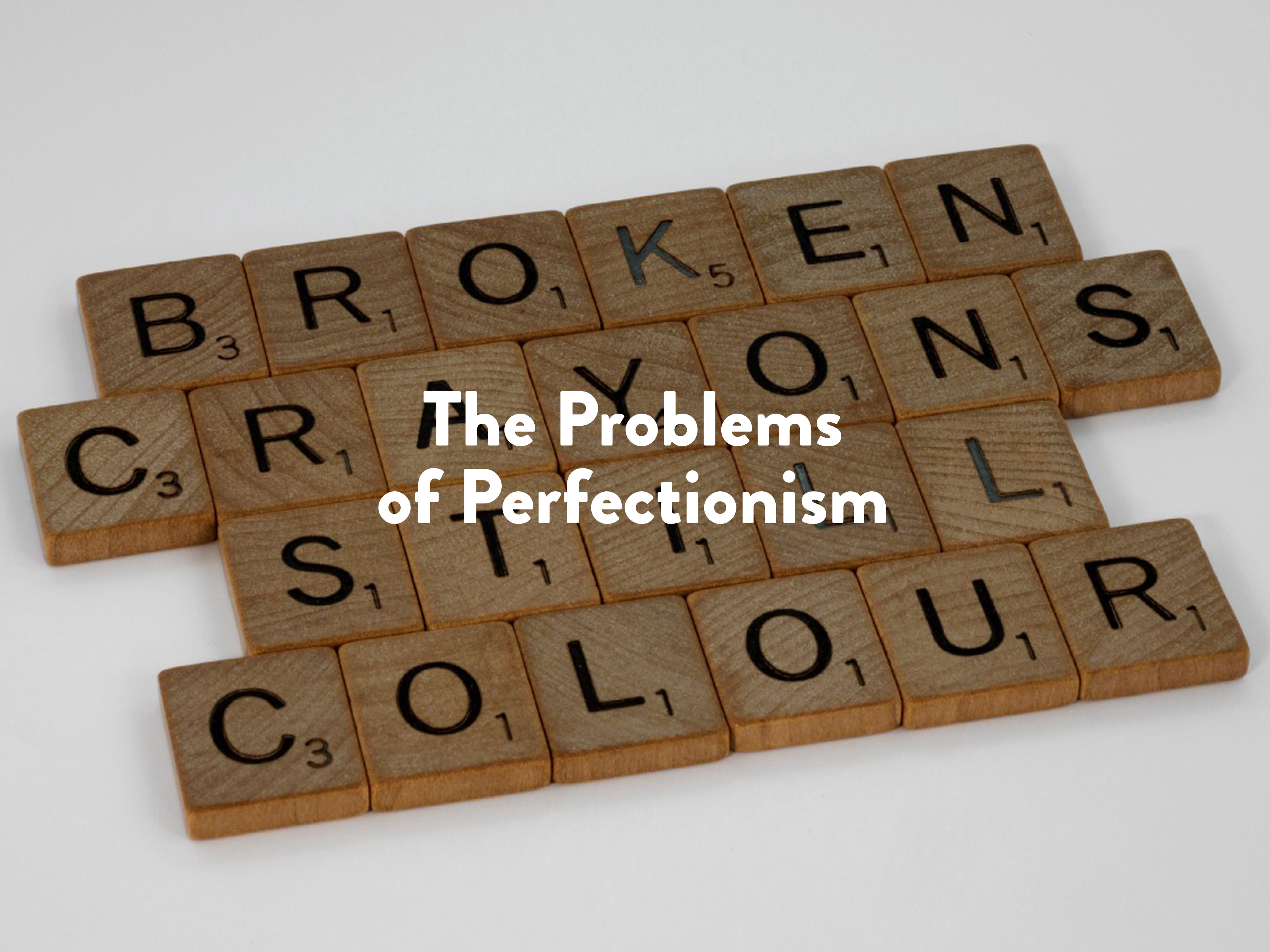Photo by Kristopher Roller on Unsplash
It’s 2023...
And yet, the question that has been asked of women way too many times was posed again, this time by the BBC in response to New Zealand PM Jacinda Ardern’s choice to step down. “Can women really have it all?”
And yet, the question that has been asked of women way too many times was posed again, this time by the BBC in response to New Zealand PM Jacinda Ardern’s choice to step down. “Can women really have it all?”
All very familiar territory. Don’t believe me?
Please see Jennifer Garner’s 2014 ELLE Women in Hollywood speech on gender equality in the film industry, remarking how she was repeatedly asked how she balances career and family, despite then-husband Ben Affleck never coming across the question once.
Or Keira Knightley asked the same question the very same year at The Hollywood Film Awards to which she understandably replied with “Are you going to ask all the men that tonight?”
No one asked “Can men really have it all?” when Boris Johnson “served” his country given that he’s managed to sire seven children in and around this time.
Or when his final bell was tolling (despite people literally showing him the door, rather than choicefully stepping aside). Or even entertained it when there were murmurs that he could potentially return when it didn’t quite work out with his successor.
Yet here we are, the sheer audacity. Jacinda should have known better to think she could govern a country and have kids. Never mind being compassionate and strong on top. Wild! Yes, let’s not forget she’s also been continuously challenged on how she lacks aggression or assertion. Berated with the idea that her empathy is her Achilles’ heel.
I could bang on a soap box for hours about this. About the fact that the accusation of trying to have it all - implying sheer greed and ineptitude all in one - only ever seems to be thrown at women. But I’ll save your eyes.
Instead, it’s time to use this opportunity as one to ask a healthier, more inclusive question - one irrespective of gender.
• • •
How do you know when it’s best to quit?The term “quitting” has long-held negative associations. Of social pressuring phrases like “You’re never a loser until you quit trying”, “Winners never quit”, or “Pain is temporary. Quitting lasts forever.”
Let me be clear. This language effectively traps us all. Irrespective of gender. It equally keeps men in the loop of performative pressures. I’m not here to man bash.
Because importantly, not only do questions like “Can women have it all?” reek of misogyny, but they also prove that no matter how much we like to think we’ve got mental health awareness down, we actually have a long way to go.
The question goes hand in hand with the constant and consistent achiever mentality we’ve long been fed. To forever pursue, outwit and outrun, grab and grift, no matter the cost. Even if the cost is ourselves.
Is it not healthier to consider closing a chapter of your career rather than let it completely consume you before you fizzle out to your detriment? Would it not be wiser when you begin to falter on what you set out to achieve, or are responsible for delivering, say “That’s enough.” and draw a line in the sand?
Is it not okay to step aside because it’s either not driving you like it once did, you’re burning the candle at both ends, and/or it's costing you your health, or your family?
You can’t soar on an empty tank. If there’s not enough left in the tank, as Jacinda says, how can you authentically show up and serve?
Quitting takes humility. When in usual cases, pride and ego prevent many from graciously stepping aside.
It takes introspection and honesty, taking a real hard look within and tackling questions that can often be easier to ignore and push down because they might just challenge lifelong beliefs. Or because the concept of letting go and changing course is frightening to contemplate, let alone embrace.
If we do realise that we or those we love are at the cost of what is faced, choosing to have what we deem enough is absolutely more than okay.
Then quitting says nothing of our appetite for success, or capabilities, but instead of our integrity.
• • •
Find an extract from Jennifer Garner’s 2014 gender equality speech at ELLE Women in Hollywood (03:07) here and see Keira Knightley address the journalist who posed the very same “balancing” question the very same year here.
Letting Go of 2022 - The Tiff Weekly
Writer, Tiffany Philippou reveals her discussion on the podcast, Knowing When To Quit in which she discusses knowing when to quit a relationship, listening to doubts and “knowing the difference between 'this is just hard' and 'I know in my bones this is not right.'”
That’s right, there’s a whole podcast dedicated to quitting hosted by TEDx Speaker and coach, Sarah Weiler. Created in the fundamental belief that “quitting is a skill that we can understand better and even master. If we allow it, quitting really is the facilitator of joy.” Knowing When to Quit with Sarah Weiler
Short but sweet, this mantra has stuck with me ever since I read it - latest Dragon’s Den Dragon, former CEO of Social Chain and The Diary of a CEO creator, Steven Bartlett says, “Anything that costs you your mental health is too expensive.”
Can we all "have it all"?
In 2012, US public policy expert Anne-Marie Slaughter set the Internet alight with her article in The Atlantic, "Why women still can't have it all" tackling the myths and truths about the reality faced by women. The following year, she gave this TED talk turning the question to men and society as a whole. She expands on her ideas and explains why shifts in work culture, public policy and social infrastructure can lead to more equality - for men, women, and everyone.
• • •
Originally published on Linkedin

